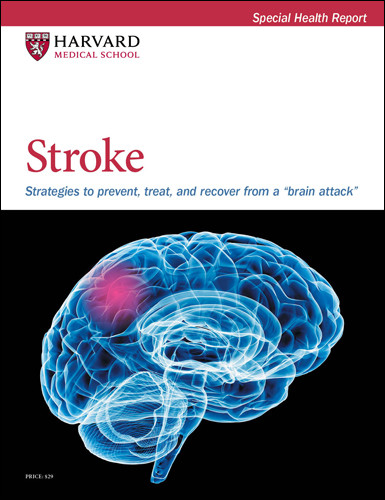Getting to the heart of America's national pastime
The cardiologist for the Boston Red Sox shares some inside baseball about his role with the team, along with advice for amateur athletes.
- Reviewed by Christopher P. Cannon, MD, Editor in Chief, Harvard Heart Letter; Editorial Advisory Board Member, Harvard Health Publishing

For many people, there's no better way to spend a warm summer evening than sitting in the stands, cheering the skill and athleticism of your favorite baseball team. While baseball doesn't demand quite the same level of intense aerobic conditioning as basketball or soccer, baseball players in the major leagues are still elite, highly trained athletes, all of whom receive care from expert cardiologists.
For the Boston Red Sox — winners of nine World Series championships — that person is Dr. James Januzzi, professor of medicine at Harvard Medical School. You might wonder, however, whether these young men really have to worry about their heart health, given that the average age of a major league baseball player is just 30 years.
"You're never too young to start thinking about your cardiovascular health and fitness," says Dr. Januzzi, who is marking his 18th season with the Red Sox this summer. That's because no matter how old you are — and whether you're an actual athlete or just an armchair one — knowing your family history of heart disease is important. The most common problem, clogged arteries in the heart (coronary artery disease), usually doesn't strike until people are well into their 60s. But some uncommon genetic conditions can cause the heart to unexpectedly stop beating, known as cardiac arrest. One is hypertrophic cardiomyopathy, which affects one in 500 people and is the most common reason for cardiac arrest among young athletes.
Prevention and early detection
Like all major national sports teams, the Red Sox have a multidisciplinary cadre of health care professionals to support them, including a full-time nutritional consultant and mental skills experts. The latter are crucial for helping players (especially the younger ones) cope with the pressure and stress of competition and national attention.
While healthy eating and managing stress are key factors for good heart health, Dr. Januzzi focuses on identifying and treating any heart-related problems, such as high blood pressure, elevated blood cholesterol, and abnormal heart rhythms. Therapies must be carefully chosen so as not to interfere with a player's performance, he notes.
Play ball!Did you play baseball or another competitive sport in your younger years? If so, you might enjoy the physical and social benefits of resuming a former athletic pastime. Check your local parks and recreation department to find players similar to you (in interest, skill level, and age) in your community. Leagues or lessons may be available for seniors in a variety of sports. For many older adults, a slower-paced game of softball is likely a better choice than baseball. For a low-key start, borrow a mitt and play catch with a friend or family member. Or seek out a batting cage that has slow-pitch softball. If you get serious about playing, the International Senior Softball Association (www.seniorsoftball.org) sponsors tournaments for men and women ages 50 and older. Having competition may motivate you to work out a little harder and more consistently. The camaraderie of being part of a team can lead to new friendships, and being more social (especially as you age) has a host of mental health benefits, including greater happiness and less depression and stress, which is also good for your heart. Before you hit the field, don't forget to stretch, says Harvard cardiologist Dr. James Januzzi. A series of simple moves that warm up all your muscles is a good way to limber up before playing (see /dynamic-stretches). After a game, be sure to pay special attention to stretching your shoulders, calves, and ankles. |
The athlete's heart
Every team has different protocols for evaluating players for less common issues, but the screening typically involves an electrocardiogram and a detailed physical and family health history. "Teams are very focused on detecting unrecognized structural heart disease that might put a player at risk for sudden cardiac arrest," says Dr. Januzzi. This may occasionally require imaging tests such as an echocardiogram (an ultrasound of the heart). Distinguishing normal exercise-induced cardiac remodeling (which may cause the heart's main pumping chamber to enlarge) from hypertrophic cardiomyopathy or other inherited or acquired cardiomyopathies often requires a specialist.
About the Author

Julie Corliss, Executive Editor, Harvard Heart Letter
About the Reviewer

Christopher P. Cannon, MD, Editor in Chief, Harvard Heart Letter; Editorial Advisory Board Member, Harvard Health Publishing
Disclaimer:
As a service to our readers, Harvard Health Publishing provides access to our library of archived content. Please note the date of last review or update on all articles.
No content on this site, regardless of date, should ever be used as a substitute for direct medical advice from your doctor or other qualified clinician.













